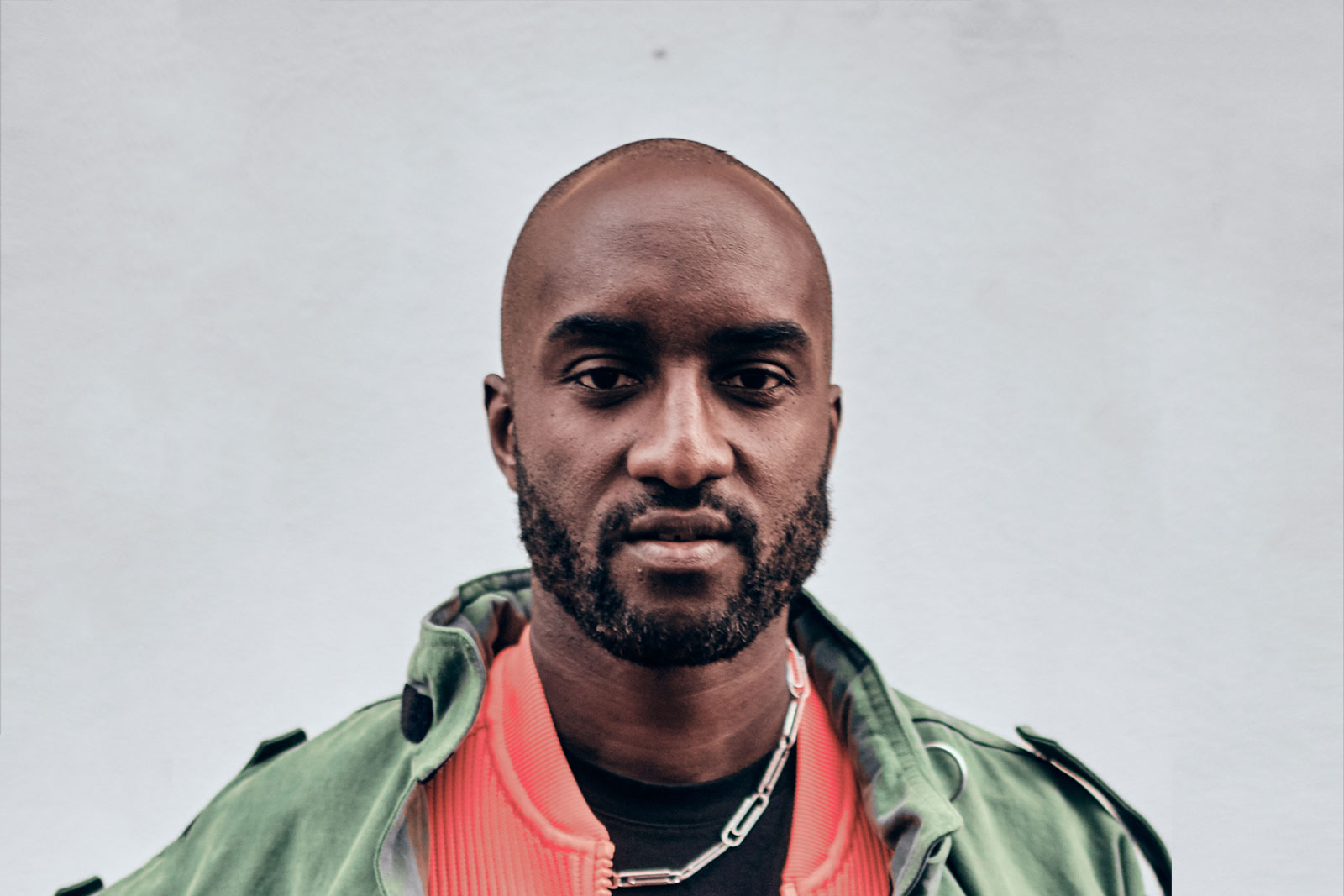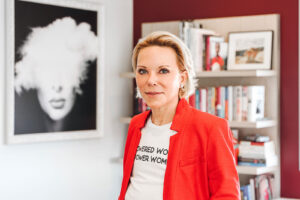In November 2021, the world was stunned to learn that Virgil Ablohhhad been battling cancer for more than two years. Nearly one year after Chadwick Boseman’s seemingly unforeseen passing from colon cancer, Abloh passed at age 41 from cardiac angiosarcoma. And nobody aside from his close loved ones had expected it.
Public portrayals of the cancer journey are everywhere. On one hand, this acknowledgement lends itself well to normalizing the disease—often a respite for those experiencing the disease firsthand. Awareness leads to discourse, which can provide support for warriors as well as ignite a widespread desire to eradicate the disease. On the other hand, it can sometimes feel as though you don’t have a say in the matter when sharing your diagnosis.
Both Abloh, a celebrated and revered fashion designer, and Boseman, a talented actor finally soaking in deserved success, made the personal decision to not disclose their cancer fights beyond a small circle. When they passed, the public mourned in disbelief, in confusion and in hurt. Why didn’t they tell us?
The choice by celebrities to keep a cancer battle private from their public lives and free from parasocial relationships raises an important question: What do you owe the public when it comes to your cancer journey?
When first diagnosed, a common reaction is to tell someone close to you—your parents, your spouse, your best friend. Undeniably, love and support play a role in making it through weeks of draining chemo sessions or back-to-back surgeries. Studies have shown that emotional support is important and can greatly improve a warrior’s quality of life.
But beyond sharing your journey with those who you feel know you best, it’s vital to deeply reflect on who else you feel comfortable confiding in during this time.
With social media, it is more expected than ever before to constantly provide life updates online to a mishmash crowd of high school classmates and your third cousin who you see once every three years. You may feel a nagging urge that you “have” to share what you’re going through. But consider the other option: boundary setting.
“In our culture, there’s pressure on the average person to stay connected and share updates, let alone people in the public eye [like Abloh] who face extreme levels of this,” explains Jackie Tassiello, a licensed and board-certified therapist. “Cancer is the ultimate disrupter, one that brings us face to face with the hardest decisions about how we want to proceed with living. Boundaries allow us to live our core values and stay true to the choices that we feel are best for us.”
It's incredibly difficult to track one's own experience while also trying to track everyone else's, which often happens during an illness.
A cancer diagnosis is a vulnerable time and setting boundaries can protect you during a “gray area” when you’re trying to navigate simply moving forward. In fact, it can be a radical act to say, “No, I am not sharing this.”
“Solid boundaries can offer an increased sense of control, integrity and privacy and protect our energy,” says Tassiello. “Even for those who choose to open up about their struggles, there are still hundreds of factors that are most likely behind that choice informing it as something that is health-affirming and resonates with where we are in life. Our privacy is our right, and our culture simply forgets that sometimes.”
April Bennett, Ed.S., L.P.C., has experienced two rounds of cancer. The first time, she was very public with her cancer journey. The second time, she made the choice to keep it private. Bennett admires celebrities like Abloh who have done the same.
“It’s incredibly difficult to track one’s own experience while also trying to track everyone else’s, which often happens during an illness,” she says. “I imagine that phenomenon is even more pronounced with celebrities in their normal lives, and then even more so during illness. I would think of it as radically healthy for a celebrity to reduce the amount of people who know about their illness, just so they can know better for themselves what’s happening to them. They can focus on healing and [trauma prevention].”
After a diagnosis, some people dedicate their lives to speaking about cancer. But don’t feel like you need to, too.
A first-generation Ghanaian American, Virgil Abloh was born in Rockford, Ill., studied architecture at the Illinois Institute of Technology and went on to be named by Time magazine as one of the 100 most influential people in 2018 for his work in contemporary fashion and design. Cancer wasn’t part of his story during the time he shared with us here on earth—and that’s OK.
“He longed to build an intricately structured life for his muse, the young Black man,” the New Yorker writes, and his visionary and versatile contributions to art and culture—from Nike shoes to Louis Vuitton menswear—will continue to echo for decades to come.
“There’s tremendous self-respect and strength in knowing ourselves and what we want,” says Tassiello. “We can take away from Virgil that our life is ours, and ours alone; it’s up to us to choose what’s best for us at any point and listen to that voice within us.”







